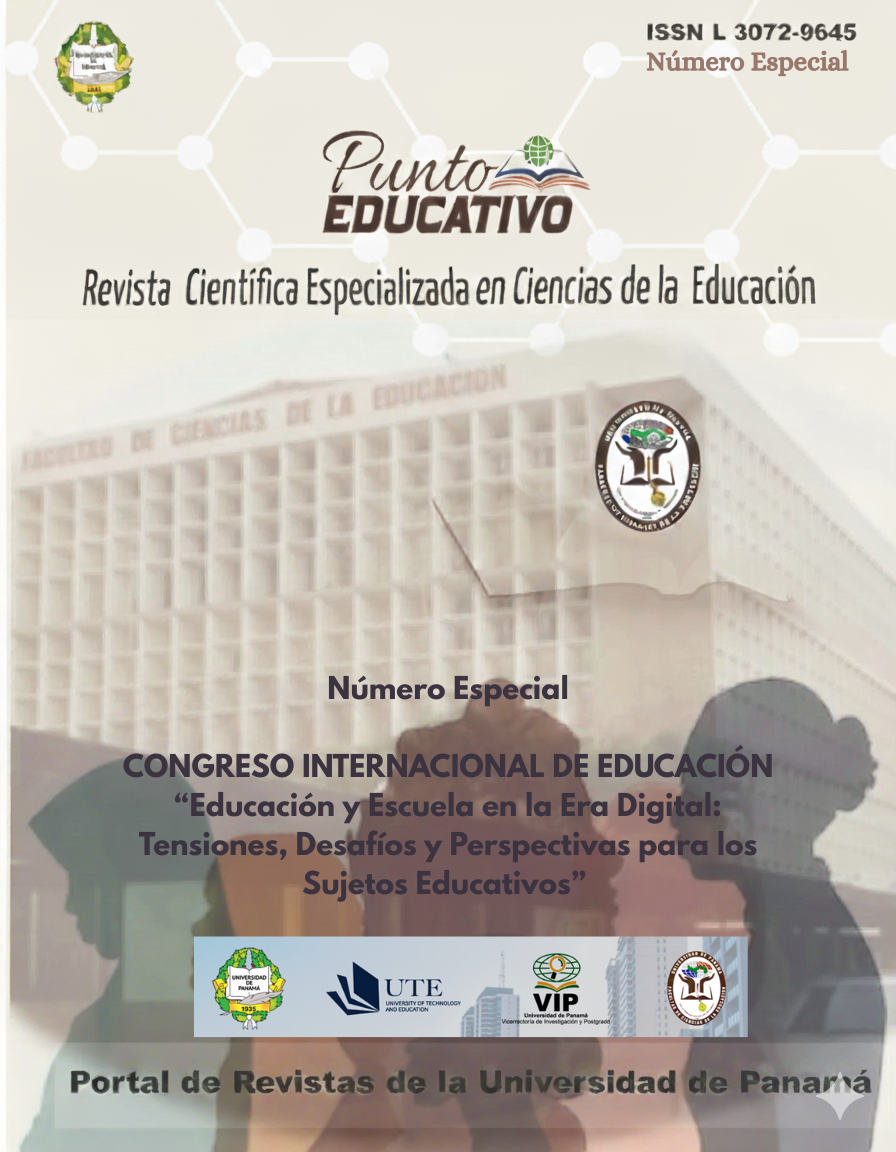

Copyright (c) 2025 Punto educativo

This work is licensed under a Creative Commons Attribution-NonCommercial-ShareAlike 4.0 International License.
This research was aimed at analyzing gamification as an educational strategy in this digital era, as a challenge of transformation in the university classroom, taking into account the perception that higher education teachers have in this regard. The study was developed within the framework of the interpretative paradigm with a qualitative approach and type of phenomenological research. The interview was used as a technique with key informants from different universities in Colombia. The results analyzed from the hermeneutics, indicated that the interviewees are aware of this strategy and have used it, having the experience and their opinion in general is that it allows attracting the attention of students generating a creative and competitive environment, therefore, the use of the elements of gamification within the activities in the university classroom, They are beneficial for the development of cognitive skills, promoting the acquisition of skills, and strengthening the ability to solve problems using few resources, which shows that it does not matter the age and educational level to use gamification as a didactic strategy, because in any case, it provides benefits, advantages for both teachers and students. which allows us to conclude the evidence of the challenge of university teachers to use this didactic strategy in this digital era, collaborating extensively with the learning and activation of university classrooms, as it awakens interest in them, and the university student, like any other person, enjoys the game, which through this strategy significant learning is achieved at any educational level.